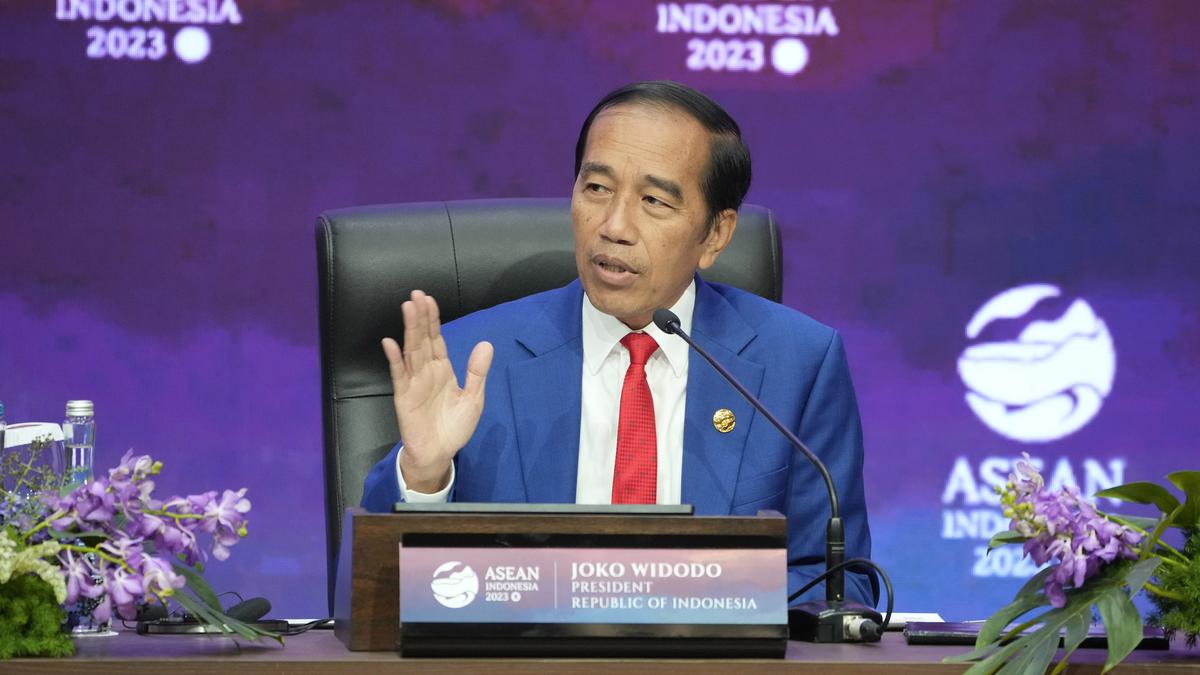
Indonesia warns against new conflicts as U.S., China, Russia attend ASEAN summit
The Hindu
At East Asia summit, leaders warned against sharpening rivalries. US VP Harris, Chinese Premier Li, Russian FM Lavrov urged to manage differences to avoid a "new Cold War". Leaders' statement omitted mention of South China Sea & Ukraine war. ASEAN chair Widodo: "Responsibility to not create new tensions". UN Sec-Gen Guterres: Hopes of return to democracy in Myanmar being crushed.
Indonesia warned leaders including U.S. Vice President Kamala Harris, Chinese Premier Li Qiang and Russian Foreign Minister Sergei Lavrov against sharpening rivalries as they wrapped up an East Asia summit in Jakarta on Thursday.
The meeting brought Washington and Beijing into contact a day after Mr. Li warned major powers must manage differences to avoid a "new Cold War", and ahead of the G20 summit in New Delhi this week that Chinese President Xi Jinping will miss.
Interactions between the officials from the world's top two economies are being closely watched as they seek to control tensions that risk flaring anew over issues ranging from Taiwan to ties with Moscow and the competition for influence in the Pacific.
"Every leader has an equal responsibility to not create new conflicts, to not create new tensions, and at the same time we also have a responsibility to lower heated tensions," Indonesian President Joko Widodo, chair of the Association of Southeast Asian Nations (ASEAN), said in closing remarks.
"I can guarantee you that if we are not able to manage differences, we will be destroyed."
Ms. Harris spoke about "Russia's illegal invasion of Ukraine", maritime challenges in the South and East China Seas and the growing threat of North Korean missile programmes, Daniel Kritenbrink, U.S. assistant secretary for East Asia and Pacific affairs, told a briefing.
But a leaders' statement seen by AFP omitted any mention of the waterway or the Ukraine war.

The 29th edition of the Conference of Parties (COP29), held at Baku in Azerbaijan, is arguably the most important of the United Nations’ climate conferences. It was supposed to conclude on November 22, after nearly 11 days of negotiations and the whole purpose was for the world to take a collective step forward in addressing rising carbon emissions.










